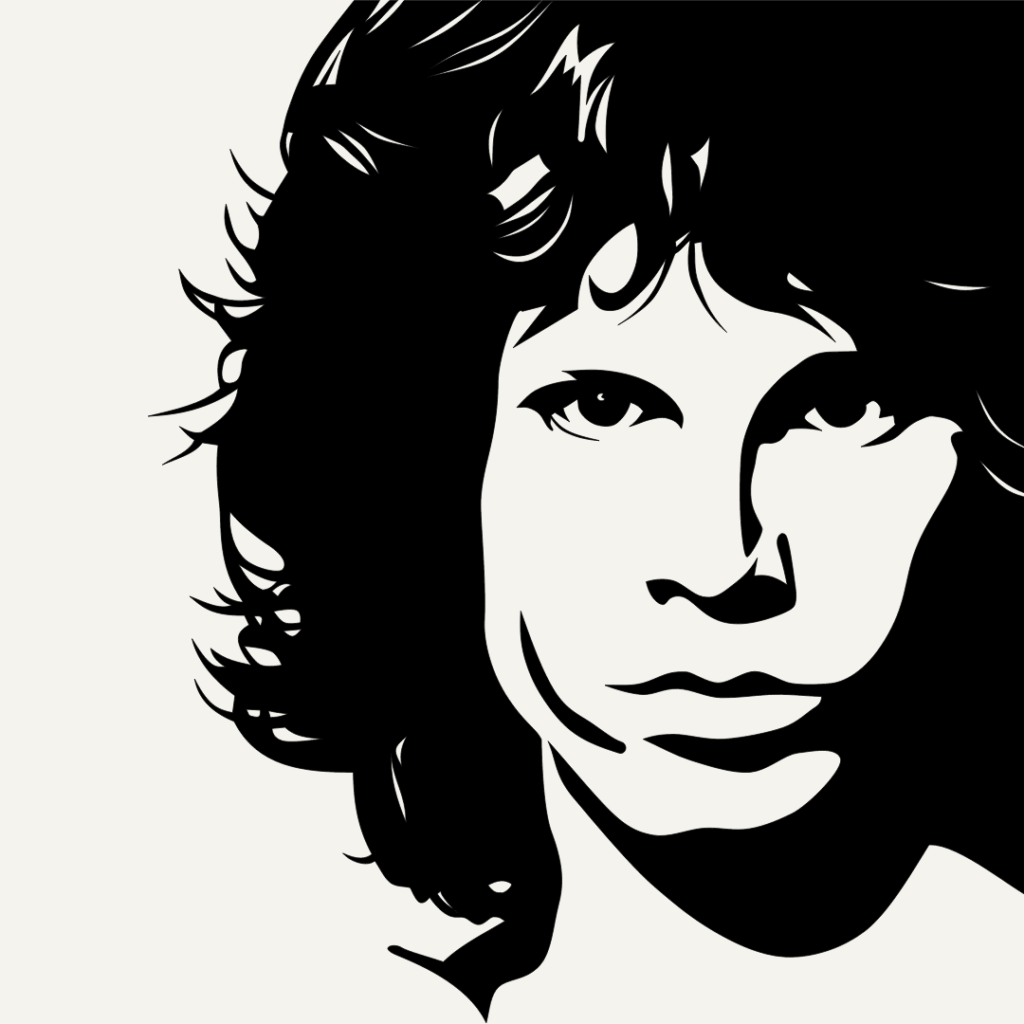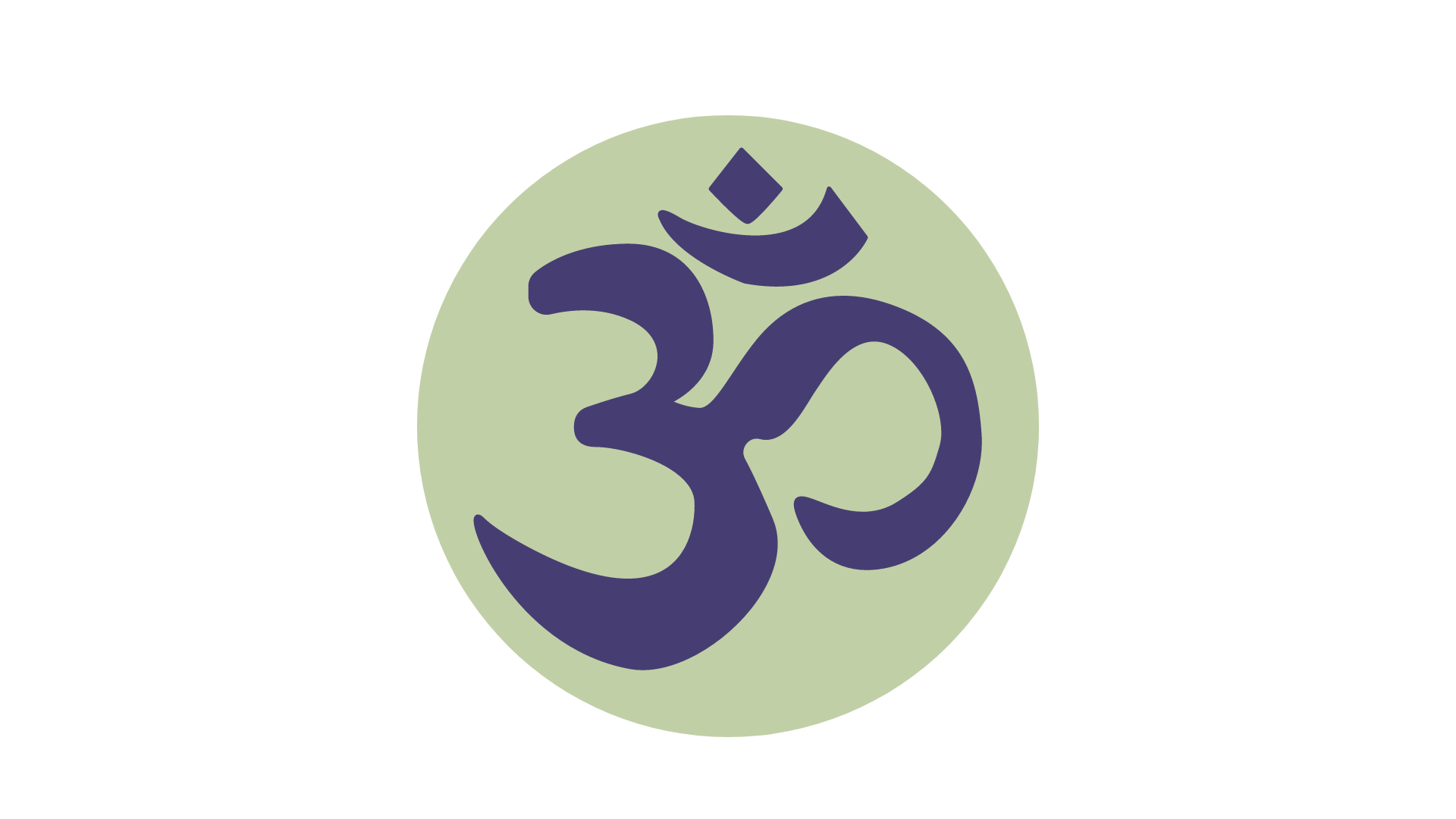What do we mean by creating more space in our lives?
What do we mean by creating more space in our lives? We can look at this question from two perspectives - in terms of what we do and in terms of how we think. The former has to do with our non-stop lifestyle and how we have forgotten how to simply be. The issue of creating more space in one’s mind is less obvious, so I will deal with it later.
Let’s begin by considering "more space" as a pause in one’s life. By a pause, I am talking more about a quiet interlude, a time in our lives when we stop striving or struggling and experience a state of calmness. As I will point out, this is different from sleeping because such interludes involve not only a state of calmness but awareness as well.
People are so used to being active that they usually have little time in their lives to experience tranquillity. In fact, they are so used to filling their time that any gap of quietude might make them feel like they are missing out on life or that their time is not being spent productively, or they may simply find it boring.
There are three reasons why such interludes make us uncomfortable. The first has to do with the pace of modern living. How many of us have gotten impatient when the driver in front of us has taken more than a couple of seconds to react to a green light, when a website has not downloaded quickly enough or when a cashier at the local supermarket starts to chat with the customers in front of us?


These types of pauses can make us feel agitated, nervous or frustrated. They may lead us to behave in uncharacteristic ways.
We may give a person a dirty look, make a snide remark, or even lose our temper. Even the gentlest people can get frustrated and have negative thoughts about the slow driver ahead of them.
In the last few decades, just about every aspect of our waking lives has sped up: the way we communicate, the way we eat, and the way we work. Just stand on a busy downtown street and witness the harried looks of people who walk by, step into a busy office in the middle of the day, or watch people in a department store on the weekend. It all seems quite frenetic.
A second reason as to why people find pauses or quiet interludes uncomfortable is because their behaviour is often purpose-oriented. Pauses are seen as interruptions or delays that prevent them from reaching a goal. They may feel like they are being held back from getting to where they are headed, or such interludes are seen as impediments to meeting external or self-imposed deadlines.
Pauses don’t necessarily have any goal or objective at their end. True pauses are usually an end in themselves. Although they can be rewarding in their own way, it may not be the type of reward that we recognize or appreciate. There is not necessarily any accomplishment associated with pauses, except the very act of pausing itself.
The final reason as to why people do not like pauses is subtler. It has to do with filling up one’s life with experiences or stimulation. We want to feel complete, satisfied and content. We think that the more we do, the happier we will become.
Some people are almost desperate in their striving for contentment, and this desperation is suggested in how they gorge themselves with experiences. For these people who are used to filling up their lives, a pause will often feel empty. It is instructive that they will interpret these pauses as doing nothing and will likely be bored and frustrated whenever such interludes arise.
For all the above reasons, people may feel odd about introducing periods of stillness into their lives. The lives of most people are overloaded with activities and obligations. Their day-to-day is so crammed that there is no space when they can "simply be." By simply being, I mean that they are not focused on going somewhere, accomplishing something, or gaining anything.
Stated in a more abstract way, there is a difference between "being" and "becoming." In terms of the latter, we don’t feel complete, because we are always striving to add that extra something that will make us feel satisfied. When we are "becoming," there is always a sense that something is missing; we don’t feel whole. In the case of "being," we are completely content. We have no desire to add or subtract anything from our lives. We can simply be.
The Conscious Pause
How many of us take the opportunity to just be? This question may seem a bit odd. Most of us don’t have a sense of what it means to simply be. Some of you might ask, "Oh, you mean simply doing nothing?" You might think about how a few days ago, you sat on your couch and stared into space and then vegged out while watching television.
Actually, that is not what I mean by enjoying being. Someone who is comatose or in deep sleep might simply do nothing but, they will not be enjoying being. To enjoy being, you need to be aware of something — literally, you need to be conscious of your own existence. At the same time, you need to have enough space in your life and in your mind to be able to do this.


Simply being does not mean that nothing is happening to you. In fact, simply being is a dynamic process that requires your attention to be active. There are many things in your environment or your mind to which you can be attentive. But having your attention on pure existence is not something that we practice very often, if at all.
You might wonder, "Well, if I exist, why do I have to know about it? I just exist and, that’s all." The fact is that we can be alive yet not really live with awareness. We can get pushed and pulled in many directions, flitting from one activity to the next, and we lose something in the process. We get distracted and forget our true nature, which is pure being.
That is why we need quiet interludes to get in touch with ourselves. How can we do this? Well, two things need to happen for us to connect to our-self as pure existence: we need to stop our activity and then turn our attention inward. This is not as easy as it sounds because we don't have much practice doing both together.

What happens when people stop being active? They often feel tired and somewhat lethargic. Tiredness is built into our busy lifestyles. Often, we go from a revved-up state to one that is sluggish or dull. The question then becomes; is there a way of taking a conscious pause where you can enjoy simply being by actually being aware of yourself as "pure being?"
The best method I have found to put one's attention on their being is to practice meditation.
Meditation is a dynamic process that is very different from sleep. In meditation, a person's awareness is focused on their being. But the question is, who is doing the focusing? The answer is that being is focusing on itself.

This may seem a little strange. How can being focus on itself? Some of you may have picked up a subtle fact about the term "being," at least in the way that I am using it here. The term refers to both a verb and a noun. The act of being and being itself are one and the same. When the being focuses on itself there is no separation between the being itself, the one who focuses and the experience of being.
Of course, there are many ways of gaining periods of tranquillity or calm. You can enjoy a lovely sunset in nature, or listen to classical music, or hold a baby in your arms. All of these are highly recommended ways of relaxing and enjoying life. But the difference is that meditation puts you in touch directly with your self, your being.
If you practice it often, a conscious pause, such as meditation, will change the texture of your life. You will begin to detach somewhat from your thinking, the bustle of activity, and the results of your actions. You will be able to disengage from the emotional roller-coaster and not be buffeted about by the twists and turns of daily life. As you become more conscious, existence will become a meditation on its own, with being aware of itself throughout.
More space in the mind
We just talked about creating more space (or pauses) in our lives. We further made the point that conscious pauses are very different from states of sleeping or even physical relaxation because they involve putting attention on the being. Not only do we need to create more space in terms of our lifestyle and activities, but we also need to make more space in our minds.
I recall a friend of mine telling me about how she spent a week at a silent retreat where she did not speak at all. Everyone ate, sat and walked around in silence. I asked her whether or not she felt more peaceful. She said she certainly did. But after speaking a bit more, she confessed that she had a hard time keeping her mind still.


In fact, in some ways, the silence made her thoughts seem more prominent, particularly during the silent group meditations. It wasn’t enough to be silent, on the speaking level. The mind continued to chatter on, and if it did not find sufficient stimulation from outside of itself, it would create a distraction from within.
In fact, in some ways, the silence made her thoughts seem more prominent, particularly during the silent group meditations. It wasn’t enough to be silent, on the speaking level. The mind continued to chatter on, and if it did not find sufficient stimulation from outside of itself, it would create a distraction from within.
My friend’s thoughts were not going to disappear just because she didn’t speak for a week. That interlude of silence was too brief to stop the motion of her mind, particularly since she was a busy person who rarely bothered to pause in her life. She had not trained her mind to be able to slow down.
I have been meditating for many years, and people ask me if it is possible to stop the train of your thoughts through meditation. I usually tell them to not even try because that would create stress, and the mind would likely be more activated than before.
So how do we deal with a busy mind that just won’t quit?
Firstly, we need to gain some insights into the nature of the mind. The mind’s nature can be described as always in movement or flux. The only time it is quiet is in deep sleep or in other unconscious states.
The second characteristic is that it abhors a vacuum. It needs to experience something, whether it is perceiving something or experiencing a memory. When it has no experiences, the mind will invent experiences out of its imagination. This is what happens in sensory deprivation experiments when the mind begins to fill in the gaps with hallucinatory activities.
In response to whether or not it is possible to slow down the motion of the mind, I return to meditation. I mentioned earlier that in meditation, the being is watching itself. That is much harder to do when thoughts pass before the mind’s eye. The being is distracted by thoughts and cannot simply enjoy itself as pure existence.
This is a normal facet in the life of humans, particularly since our thoughts have dominated our inner life since childhood. The question then becomes, how do we create more pauses or space between the thoughts so that we can appreciate the nature of our existence more directly? To directly experience our being, we need to create more space in the mind.
It takes some application and diligence, but any regular practice of meditation will begin to make you aware of the space between the thoughts. Within a period of deep meditation, the thoughts gradually become more tenuous, decrease in frequency, and gradually dissolve into the background of your awareness.
The thoughts may not disappear altogether, but it is the being behind the thoughts that comes to the forefront. As the thoughts recede, "being" then enjoys simply being.

